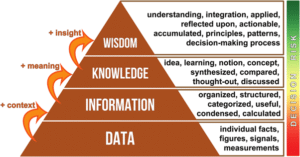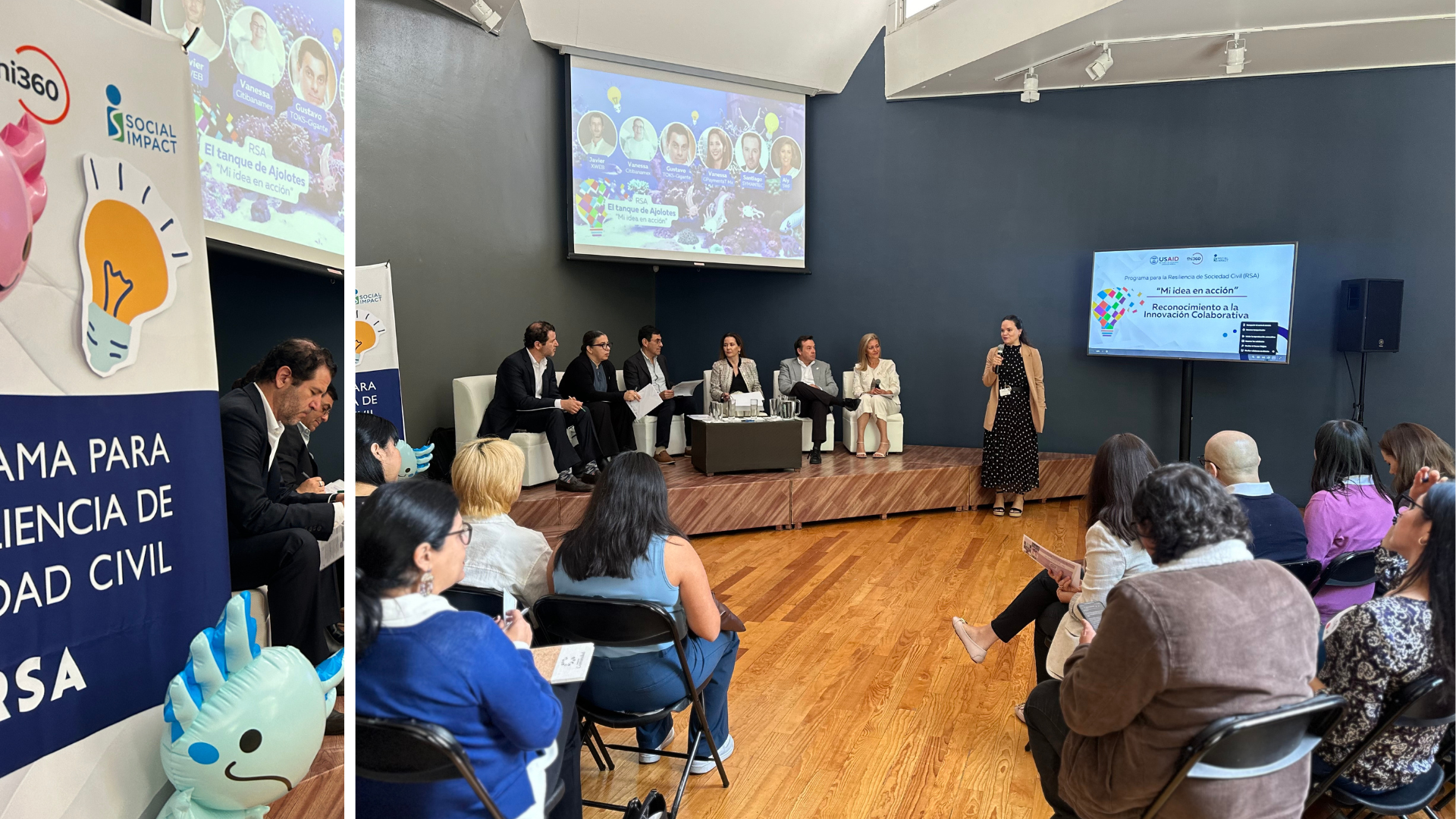By Monalisa Salib, Deputy Chief of Party for USAID Learns, a USAID/Vietnam support mechanism, implemented by Social Impact, Inc.
When staff leave their organizations, the loss of knowledge can be quite high, and it takes a significant amount of time for new employees to gain back the wisdom their predecessors left with. For that reason, having an intentional approach to capture this knowledge and wisdom can help get new staff (or the staff left to cover the gaps) up to speed more quickly.
In the case of USAID and other international agencies and organizations, there is the expectation of turnover built into the tour cycles of Foreign Service Officers or other international staff. As a result, in 2019, USAID/Vietnam’s Program Office came up with the idea of intentionally capturing departing staff knowledge. In their case, there was quite an urgent need; they had a number of FSOs departing during the development of their country strategy, and wanted to ensure their collective knowledge and wisdom was not lost in the process. Since then, this knowledge capture tradition has continued to help pass important wisdom and insights to successors. I’ve had the privilege of conducting and capturing those interviews over the last three years.
Our approach is simple: we have a template[1] that contains 11 interview questions. We go through a 1-1.5 hour interview process with the departing staff person and synthesize their responses for ease and flow directly in the template and pass that to the successor. Typically, it only takes about 10 minutes to read the synthesis. The successor also has an optional tab they can use in the template to help them reflect on what they have read and determine their next steps.
The 11 questions in the template cover three broad categories with sample questions for each included below:
Portfolio / Area of Responsibility
- What major pivots have you made in your portfolio or area of responsibility over your tenure? Why did you make those pivots?
- If you were to stay another few years in this role, what would worry you / keep you up at night about your portfolio / area of responsibility?
- What is your most important learning that your successor will not find documented?
Critical Relationships
- Which internal relationships are most critical to being successful in your position?
- Which external relationships are most critical to being successful in your position?
Country Context and Culture
- What have been the most significant changes in country context since you started working in or on [country]? What makes those changes significant and/or how do they affect your portfolio / area of work?
- What should your successor know about local work culture and/or working with national staff and counterparts [in country]?
After doing about 10 of these interviews over the last three years, here is what I’ve observed:
- The questions really work! Of course, a good interviewer can dig a little deeper into initial answers, but the questions cover a wide variety of topics (accomplishments, pivots, worries, hopes for the future, tacit knowledge, relationships, and country knowledge) and are written in such a way to help the interviewee focus on the target audience – their successor. Interviewees open up and share many great insights. I have personally learned so much from conducting the interviews.
- Interviewees deeply benefit from the process. Departing staff members often share that the interview helped them reflect on their experience and synthesize for themselves the wisdom they have gained. Some keep thinking about the questions after the fact and realize new insights. We have even jokingly referred to some syntheses as “manifestos” as they succinctly capture years of wisdom gained. I’ve only had one interview where I felt the person didn’t want to do it and gave curt answers, so we ended early. Most of the time, I hear, “that’s a good question” or “that’s a hard question,” which for me means the experience provides an opportunity for deep reflection. Coming from the field of knowledge management, I see the interview as a way to help staff reach that level of wisdom that is depicted in the image below.
- Successors have shared that they benefited from the insights. We don’t have an intentional follow-up process with the successor to see how it helped them, but anecdotally, some have shared that the insights were valuable to them as they started in their new role. It becomes part of the broader onboarding process (and the Mission has several other efforts related to this) that enables them to get up to speed more quickly.
- Interviews have led to other knowledge products. In our case, we were able to look across several interviews and synthesize learning about working in Vietnam for all non-Vietnamese staff (this was also validated by Vietnamese staff). From one interview, we were able to create a visual timeline of the Mission’s disabilities portfolio.
Figure 1: Data Information Knowledge Wisdom (DIKW) Pyramid

The departing staff interviews help staff articulate the wisdom they have gained over the years in their role.[2]
Based on this experience, here are possible adjustments or suggestions to implement a process like this:
- Expand this to all staff. In the case of USAID Missions, staff from the cooperating country (known as Foreign Service Nationals or FSNs) have stayed with the Mission for several years, sometimes decades, and have an enormous amount of institutional knowledge that should also be captured and passed onto their replacements and U.S.-hired staff joining their teams.
- Consider how to include the incoming staff person more directly in the process. The process can be adjusted in a number of ways, but one idea is to offer that the successor join the interview or even conduct the interview themselves without a third party interviewer. This, of course, only works if the departing staff person feels comfortable with that and the successor is known before the staff person’s departure. It can be a great option for making the process more participatory.
- Consider sharing these questions annually with staff ahead of performance review periods, new years (calendar or lunar, etc.), or slower paced periods (i.e., Ramadan) to enable continuous reflection. Based on the benefit I see to the actual interviewees and what we know about the importance of continuous reflection in our work, like Collaborating, Learning, and Adapting (CLA), answering these questions can also solely benefit staff who are staying in their current roles. It can be used to help them integrate the wisdom they have gained and make that tacit knowledge explicit even to them!
I encourage you to consider intentional ways of capturing and packaging the wisdom of departing staff for incoming staff. Our Wisdom Capture tool is available to use under the Creative Commons License CC BY-NC 4.0. There are additional resources from USAID’s CLA Toolkit related to managing staff transitions through CLA and the broader CLA Toolkit cluster on Managing Knowledge.
Cover Photo Credit: Sora Shimazaki, Pexels
[1] Note the original template was created while working for Dexis Consulting Group and was updated during my time at Social Impact, Inc.
[2] This is an image of the data-information-knowledge-wisdom (DIKW) pyramid. This image was downloaded from Research Gate (article entitled “How can nutrition models increase the production efficiency of sheep and goat operations?”). Per the article, it was reproduced with permission from Tedeschi (2019) and is covered under the Creative Commons License. This image was not adjusted in any way.








